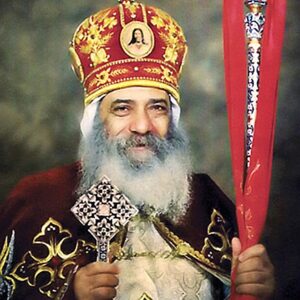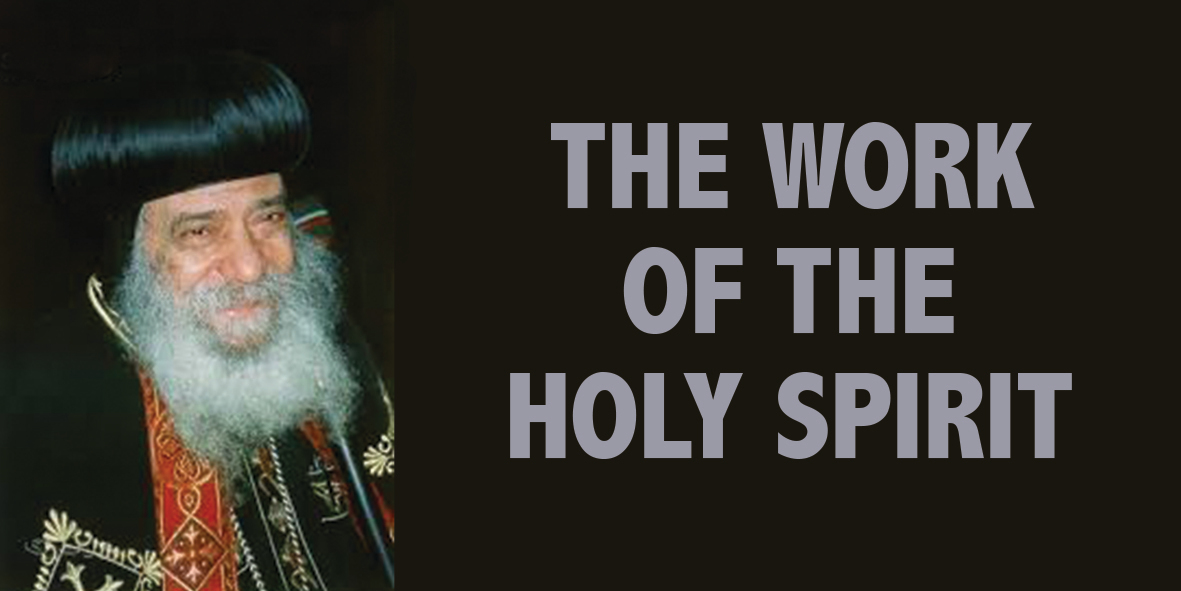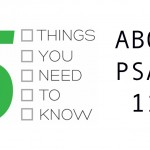Because of the importance of the Holy Spirit's work with us, the Lord said to His disciples, the saints: "Nevertheless, I tell you the truth. It is to your advantage that I go away; for if I do not go away, the Helper will not come to you; but if I depart, I will send …
Because of the importance of the Holy Spirit’s work with us, the Lord said to His disciples, the saints: “Nevertheless, I tell you the truth. It is to your advantage that I go away; for if I do not go away, the Helper will not come to you; but if I depart, I will send Him to you ” (Jn. 16:7) … And told them about Him “that He may abide with you forever ... and will be in you” (Jn. 14:16, 17). The Glorified, Lord Christ, lived with them in His body until He rose to Heaven then promised them the Holy Spirit to stay with them forever, the Spirit of truth, the Comforter. .. So what should we know about the Holy Spirit? The Holy Spirit is God’s Spirit; therefore He existed since the beginning. We read about it in the first verses of the Book of Genesis.
The divine response says: “In the beginning God created the heavens and the earth. The earth was without form, and void; and darkness was on the face of the deep. And the Spirit of God was hovering over the face of the waters.” (Gen. 1:1, 2). And Isaiah talks about the Holy Spirit and gives Him names in his saying: “… The Spirit of the Lord … , The Spirit of wisdom and understanding, The Spirit of counsel and might, The Spirit of knowledge and of the fear of the Lord” (Isa. 11 :2). And we add to that in the Third Hour Prayer (Terce) of every day and say: ” … a spirit of prophecy and chastity, a spirit of holiness, justice and authority. .. ” and call Him by saying: “O Heavenly King, the Comforter, the Spirit of truth, who is present in all places and fills all, the treasury of good things and the Life-Giver.
Nowadays, in the New Testament, the Holy Spirit is given through three ways: The holy anointing, laying of the hands of the priests’ and the holy breath. Regarding the holy breath, it was written in the Gospel of St. John that our Lord Jesus, after His Resurrection, when He appeared to His disciples, the saints, in the upper room, He told them, “‘As the Father has sent Me, I also send you.’ And when He had said this, He breathed on them, and said to them, ‘Receive the Holy Spirit. If you forgive the sins of any, they are forgiven them; if you retain the sins of any, they are retained”‘ (Jn. 20:21-23). And in the ordination of the bishop or the priest the pope or the bishop breathes in his face and says, “Accept the Holy Spirit.” The ordained opens his mouth to accept the holy breath and says with the psalm, “I opened my mouth and accepted myself a spirit” (Ps. 118:131).
As for the laying of hands, the Holy Spirit in the time of our fathers the apostles was given through the apostles laying hands. This was mentioned in giving the Holy Spirit to the people of Samaria. The Apostles Synod in Jerusalem sent to them St. Peter and St. John (Acts 19:6). The same applies to the sacrament of Priesthood. St Paul the Apostle said to his disciple Timothy, “Therefore I remind you to stir up the gift of God which is in you through the laying on of my hands” (2 Tim. 1:6). The holy anointing was also known in the apostolic age. St. John the Apostle says about that: “But you have an anointing from the Holy One …” (1 Jn. 2:20). ” … But the anointing which you have received from Him abides in you” (1 Jn. 2:27). And we in anointing children after baptism, the priest anoints them with the Holy Chrism (Myroon) and lay hands on them and breathe in their faces. And says to them: “Accept the Holy Spirit”. And with the Holy Anointing Sacrament we become temples for the Holy Spirit. And the Holy Spirit dwells in us … St. Paul the Apostle talks about that in his first epistle to the Corinthians saying, “Do you not know that you are the temple of God and that the Spirit of God dwells in you?” (1 Cor. 3: 16), and “Or do you not know that your body is the temple of the Holy Spirit who is in you” (1 Cor. 6: 19). Then, everyone should remember that on the day he was anointed with the Holy Chrism (Myroon) he became a temple for the Holy Spirit and the Holy Spirit dwells in him.
The Holy Spirit works in priesthood and priesthood is granted through the Holy Spirit. It has the power of forgiving sins. But someone may say: How is that? No one can forgive sins except God alone! We say: Yes, the Holy Spirit that is in the priest is one Who forgives sins. As we say in the Holy Liturgy “… be absolved by my mouth through the Holy Spirit” So it is the Holy Spirit that forgives sins. This forgiveness comes from the priest’s mouth. The absolution that the priest gives through the absolution prayer in which he says: “May God absolve you, may God pardon you, may God forgive you … ” And the Holy Spirit is present also in all the Church Sacraments. He also is present in all the Holy Synod decisions. In the first decision that came from the first Synod in Jerusalem on the days of our fathers the apostles, they said: “it seemed good to the Holy Spirit and to us …” (Acts 15:28).
From: The feast of Pentecost – St Paul’s brotherhood
Join Us: Sign Up Today!
Tags:












